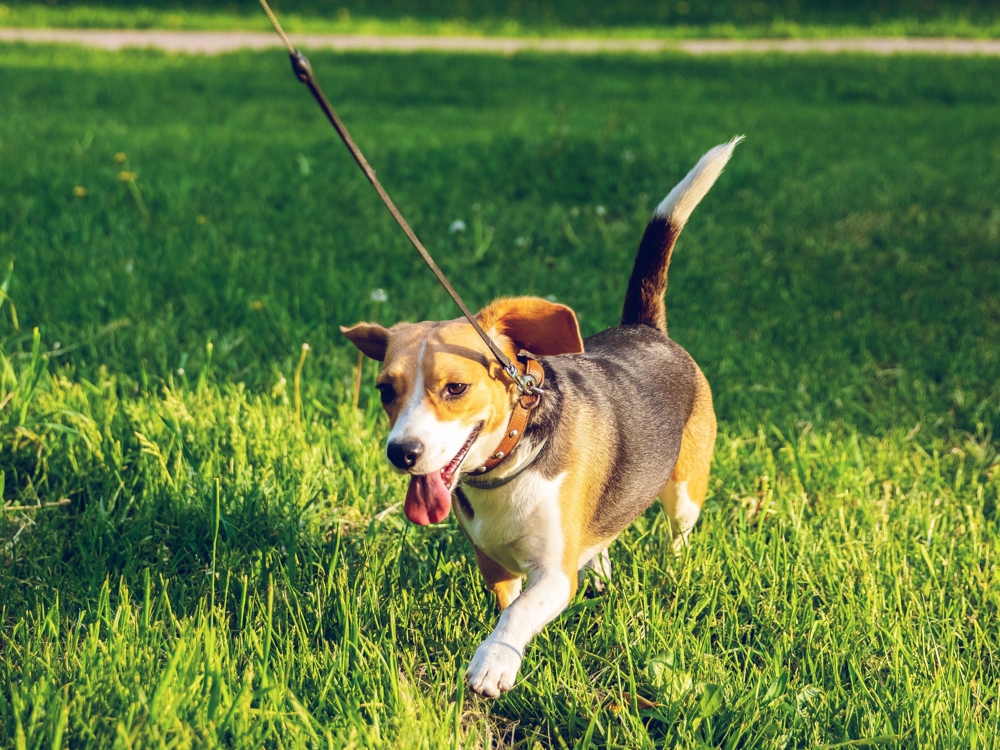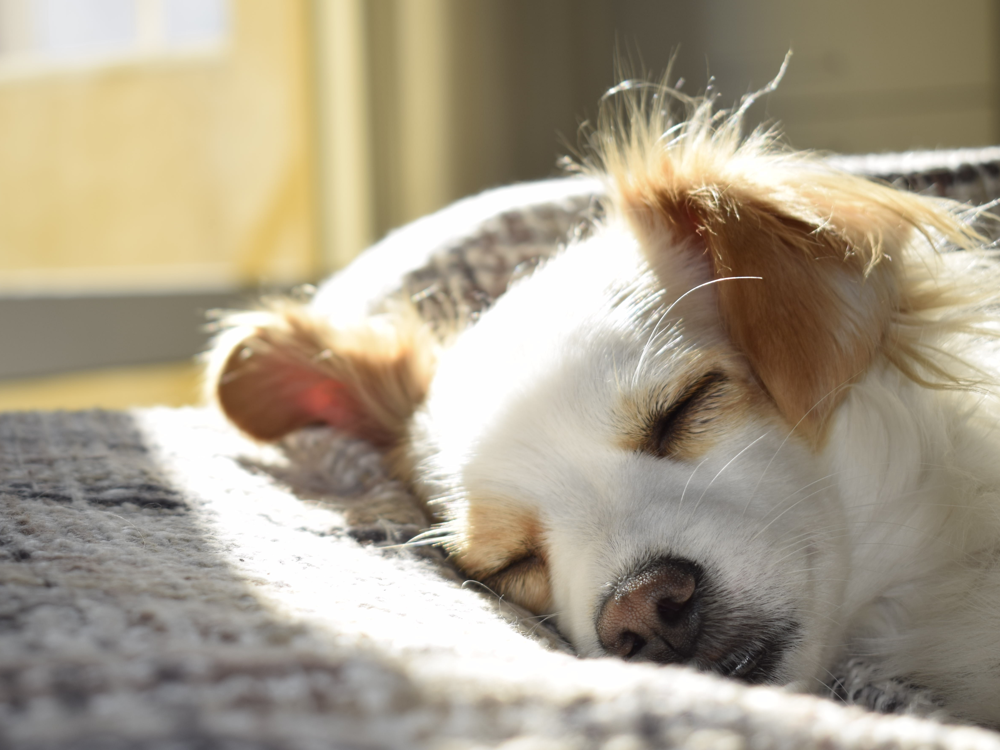Can Certain Dog Foods Make My Dog’s Skin Itch?
Share
[Sassy_Social_Share]One of the most obvious signs your dog is eating well is a healthy coat. A setter or spaniel with a glossy coat is a beautiful sight, and a greyhound or Jack Russell terrier with a smooth, sleek coat is the very picture of health. While some breeds have a wiry coat, fur that is actually dry and brittle can be a sign that your dog needs a different food. If your dog is scratching a lot, you might start to really wonder about their diet. What is the best option? Should you switch to tinned, wet dog food? Can dry dog food cause itchy skin?
Itchy skin is more than just uncomfortable for your dog. It’s a clear sign something is amiss. Scratching damages the skin, leaving it vulnerable to infections. If the problem isn’t solved, it can lead to significant hair loss as well as misery for the poor dog. While supplements and treats such as Leader Nutri Vigor Skin and Coat Care Treats give your dog’s coat a boost, they are not medicine and they don’t get to the root of the problem. If your dog is scratching a lot, it is a sign of a problem. The trick is figuring out what the problem is.
Can Dry Dog Food Cause Itchy Skin?
It seems logical – dry food, dry skin? But it is not that simple. Dry dog food should not be dehydrating. A quality dry dog food that will support healthy skin and a glossy coat must include plenty of protein, oils and omega 3. Fish-based foods such as the Go Native Organic Salmon with Spinach and Ginger and Go Native Organic Herring with Carrot and Kale.

But the wrong dog food can damage your pet’s skin and coat. A food can be wrong for your dog for a variety of reasons… and the same food can be right for another dog. Food allergy or intolerance can make a wholesome, healthy food unhealthy for an individual dog. Changing food usually upsets a dog’s stomach, but if you try a new food and your dog begins scratching and/ or losing fur, it could be that the new food has an ingredient your dog can’t tolerate. No amount of supplements or added oils will help much in that case. To find the right food for a dog with food allergies or intolerance, you must find out which ingredient is the problem. You might be able to do that by comparing the labels to see what is different between the old food and the new one.
Why Is My Dog So Itchy?
Diet is not usually the cause of a dog itching and scratching. Fleas are prime suspects, even if the dog is not hopping with them. All dogs should be protected with an anti-parasite treatment, preferably one that also covers ticks. But if you suspect fleas, you can investigate a bit more. Brush out your dog’s coat so it is free of tangles. Then use a fine toothed comb – aka a flea comb- to work through the fur. You might be surprised to discover fleas or evidence they’ve been on your dog. If you see tiny dark flecks, that isn’t just dirt. It is the waste the fleas leave behind.

Dogs can also suffer environmental allergies that cause their skin to get itchy. They can react to anything from garden chemicals to pollen to their shampoo to mould. Anxiety and boredom can also lead to excessive scratching, licking and chewing. You can eliminate some suspect things around the house to see if it helps, but really, this is one for your vet. They can treat your dog to relieve the itching while you work together to discover the cause.
One major danger of a dog scratching a lot is that they can damage their skin. The standard pattern is that the dog will start itching, and this irritates the skin. Then the dog starts to lick and chew the itchy spot, leading to very red, sore skin and some fur loss. Once the skin is damaged, it can easily develop an infection, causing more irritation, which only makes the poor dog chew and lick the spot more. These are called ‘hot spots’, and they make dogs miserable. This is why we need to take action when we notice our dogs scratching more than usual.
Keeping Your Dog’s Skin Healthy
Your dog doesn’t need a skin care regime like yours, but they do need some help to keep their skin healthy and their coat glossy. All dogs benefit from regular brushing. Breeds with short, sleek coats such as Beagles and Greyhounds don’t absolutely need daily brushing, but going over them with a soft brush at least weekly will remove loose hairs and stimulate blood circulation in the skin. Dogs with longer hair do need more frequent brushing to prevent mats from developing and to brush out any irritating bits of grass, twigs or other debris that got caught in their coat on their walks.
Excess bathing can irritate the skin, but some dogs do need regular baths. Check the guidelines for your breed or, for mixed breeds, for those breeds most like your dog. Poodles and poodle mixes benefit from professional grooming because of their fur texture. Most dogs do not strictly need haircuts, but many benefit from a nice trim from a groomer when the weather gets warm.
Whenever you are concerned about your dog’s skin and coat, worried about how much they are scratching or curious about whether or not they need a professional trim, talk to your vet. Their knowledge of your individual dog as well as the needs of that type of dog put them in the best position to advise you.





